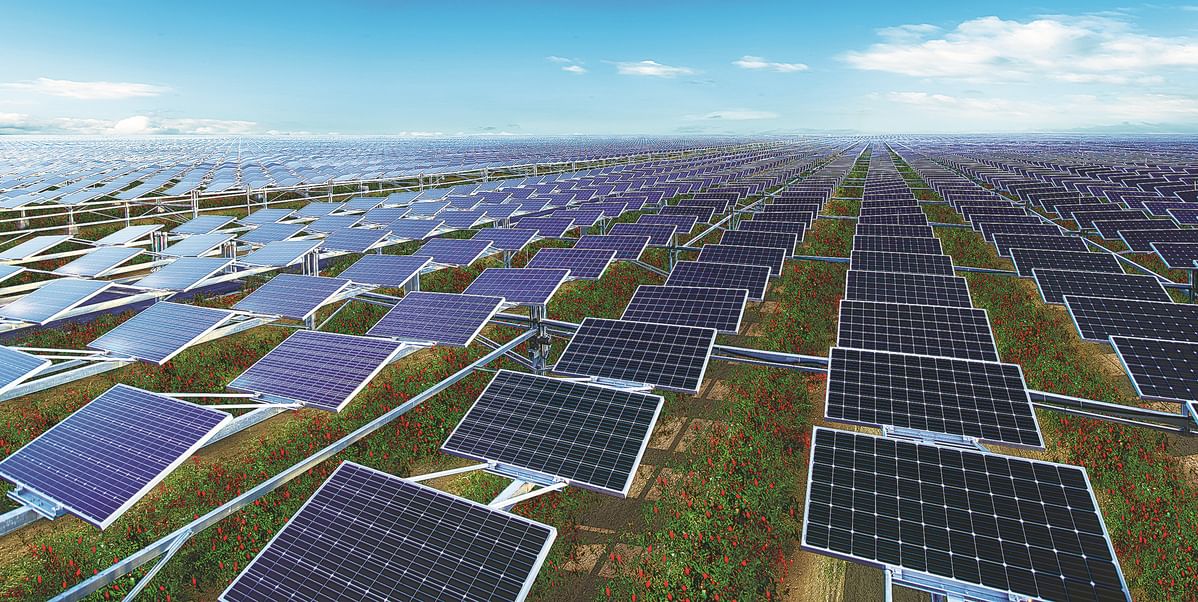Beijing, China–China is moving away from traditionally energy-intensive industrial sectors toward green development across key sectors, in efforts to fulfill its goals of peaking carbon dioxide emissions by 2030 and achieving carbon neutrality by 2060, according to China Central Television.
In June 2023, the Hunan Valin Xiangtan Iron and Steel power plant in Xiangtan County, located in Hunan Province in central China, successfully integrated a 150-megawatt supercritical gas generator unit.
This unit has the ability to harness and repurpose surplus heat produced during the steel making process, resulting in the generation of over 3.7 million kilowatt-hours of electricity daily for the power plant.
Officials from the Ministry of Industry and Information Technology (MIIT) said that a total of 78 steel enterprises completed the full-process ultra-low emission transformation of their production capacity in 2023, totaling 390 million metric tons of crude steel.
According to MIIT, by the end of 2023, a total of 5,095 green factories had been established at national level, contributing to over 17 percent of the total output value of the manufacturing industry.
Meanwhile, the total output value of the environmental protection equipment manufacturing sector is expected to exceed 970 billion yuan (about US$134.75 billion).
Going forward, China plans to establish a green manufacturing and service system and nurture 1,000 national-level green factories by the end of this year.
The country aims to accelerate the establishment of a waste recycling system and encourage regions with favorable conditions to create “zero-waste industrial parks” and “zero-waste enterprises.”

